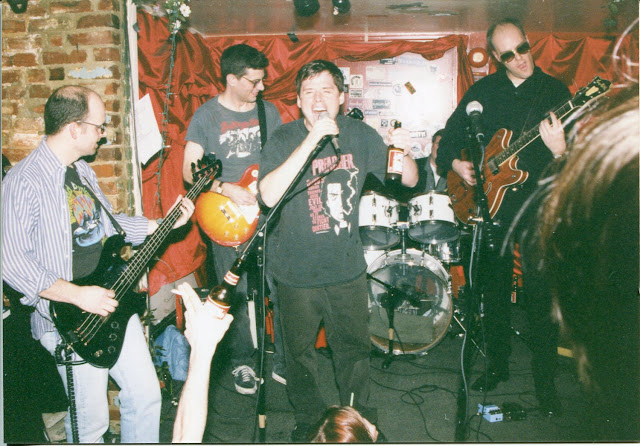How Abraham Lincoln Wrote the Gettysburg Address
""For Lincoln, getting to the speech—as a statement of ideas and as an event—was both an intellectual and physical journey."
 |
| Hay Draft of the Gettysburg Address, 1863 (1) |

"For Lincoln, getting to the speech—as a statement of ideas and as an event—was both an intellectual and physical journey. The president began to compose his words in Washington with one set of ideas, incorporated in the draft of the speech that he took with him when he left the White House. Yet by the time he stood on the platform at Gettysburg a day later, he had experienced for the first time the battlefield and the little town in the grip of patriotic celebration of loyalty and commemoration. And he had deeply felt the solemn funeral rites for more than 3,000 heroes."
—Martin P. Johnson, author of Writing the Gettysburg Address, describes the drafting and revising process at The Daily Beast.
 | ||
| Nicolay Copy of the Gettysburg Address, 1863 (2) |
Read more about Lincoln's writing and poetry in Gillian Brockell's article at The Washington Post: "Washington and Lincoln were great presidents. But only one was a great poet" (via Tom LeGro).
Transcript of Cornell University’s Copy of the Speech
President Lincoln delivered the 272 word Gettysburg Address on November 19, 1863 on the battlefield near Gettysburg, Pennsylvania."Fourscore and seven years ago our fathers brought forth, on this continent, a new nation, conceived in liberty, and dedicated to the proposition that all men are created equal. Now we are engaged in a great civil war, testing whether that nation, or any nation so conceived, and so dedicated, can long endure. We are met on a great battle-field of that war. We have come to dedicate a portion of that field, as a final resting-place for those who here gave their lives, that that nation might live. It is altogether fitting and proper that we should do this. But, in a larger sense, we cannot dedicate, we cannot consecrate—we cannot hallow—this ground. The brave men, living and dead, who struggled here, have consecrated it far above our poor power to add or detract. The world will little note, nor long remember what we say here, but it can never forget what they did here. It is for us the living, rather, to be dedicated here to the unfinished work which they who fought here have thus far so nobly advanced. It is rather for us to be here dedicated to the great task remaining before us—that from these honored dead we take increased devotion to that cause for which they here gave the last full measure of devotion—that we here highly resolve that these dead shall not have died in vain—that this nation, under God, shall have a new birth of freedom, and that government of the people, by the people, for the people, shall not perish from the earth."
(1) Abraham Lincoln. “Hay Draft” of the Gettysburg Address, 1863. Manuscript. John Hay Papers, Manuscript Division, Library of Congress.
(2) Abraham Lincoln. Nicolay Copy of the Gettysburg Address, 1863. Holograph manuscript. Manuscript Division, Library of Congress.



